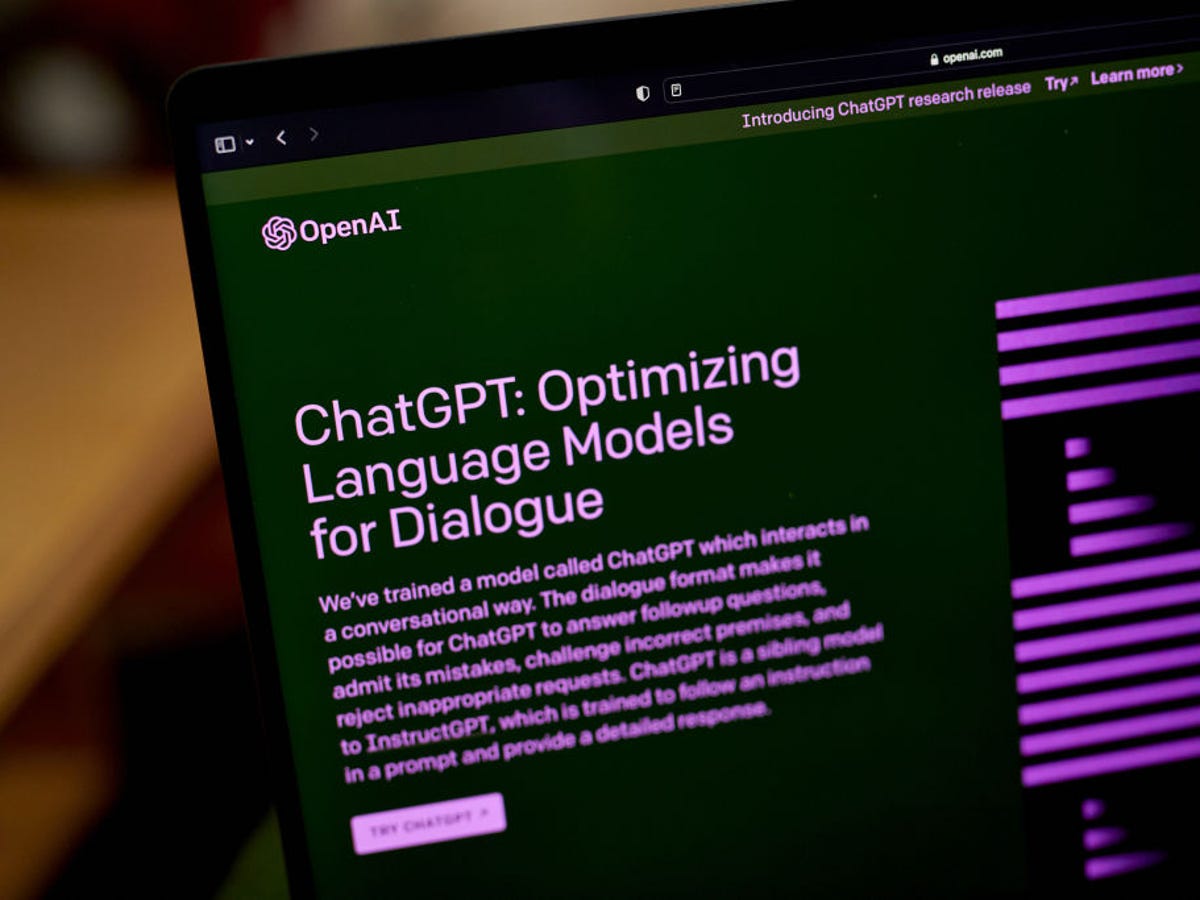
Jonathan Turley, a US law professor, was wrongly accused of sexual harassment by OpenAI’s AI-powered chatbot ChatGPT, generating a list of legal scholars who had allegedly harassed someone. The chatbot’s citation refers to a phony Post article as supporting documentation for the charge. However, the professor and the Post both stated that there was no such piece.
Professor Turley claimed that a lawyer allegedly asked the AI chatbot to create a list of legal scholars who had engaged in sexual harassment, as part of a study in a different blog post. On the chatbot’s list was Turley, who was charged with making lewd remarks and attempting to touch a student while on a class trip to Alaska, which the professor claims he never took while working at a school he never taught at.
“…I learned that ChatGPT falsely reported on a claim of sexual harassment that was never made against me on a trip that never occurred while I was on a faculty where I never taught. ChapGPT relied on a cited Post article that was never written and quotes a statement that was never made by the newspaper.” he tweeted.
The claim initially made Professor Turley laugh, but after some thought, he realized how menacing it was. He emphasized the problems with ChatGPT and other AI chatbots’ accuracy and dependability and made the case that these algorithms are just as biased and defective as the individuals who created them.
Additionally, he noted that ChatGPT was not the only chatbot to misrepresent him. He said that Microsoft’s Bing Chatbot frequently made unfounded statements as well.






